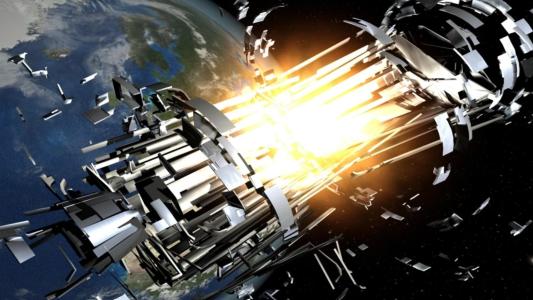Physics
Nuclear isomers were discovered 100 years ago
Protons and neutrons in an atom’s nucleus can be arranged in different configurations, creating nuclear isomers.
Lasers could cut lifespan of nuclear waste from “a million years to 30 minutes,” says Nobel laureate
If no solution is found, we're already stuck with some 22,000 cubic meters of long-lasting hazardous waste.
After 350 years, astronomers still can’t explain the solar system’s strangest moon
Saturn's Iapetus, discovered way back in 1671, has three bizarre features that science still can't fully explain.
Einstein was right. Flying clocks around the world in opposite directions proved it.
By flying planes both with and against Earth's rotation, and returning them all to the same starting point, we tested Einstein's theory.
How the Kessler Syndrome can end all space exploration and destroy modern life
The sheer amount of stuff already floating in space makes the domino effect of explosions a likely possibility.
Search reveals eight new sources of black hole echoes
The researchers' findings will help scientists trace a black hole’s evolution as it feeds on stellar material.
Scientists blow up their lab after creating strongest magnet ever
Scientists knew that it would probably explode, but they did not expect to reach such a record magnetic field.
The Large Hadron Collider is back online
The world's biggest particle accelerator, the Large Hadron Collider (LHC), is back online after a three-year hiatus.
How hypersonic missiles work and the unique threats they pose
Hypersonic systems have been in use for decades, but the latest ones are highly sophisticated new technology.
Gravitational waves could be “pushing” the Moon
A new study suggests we use the orbit of the Moon to find gravitational waves we can’t currently detect in other ways.









